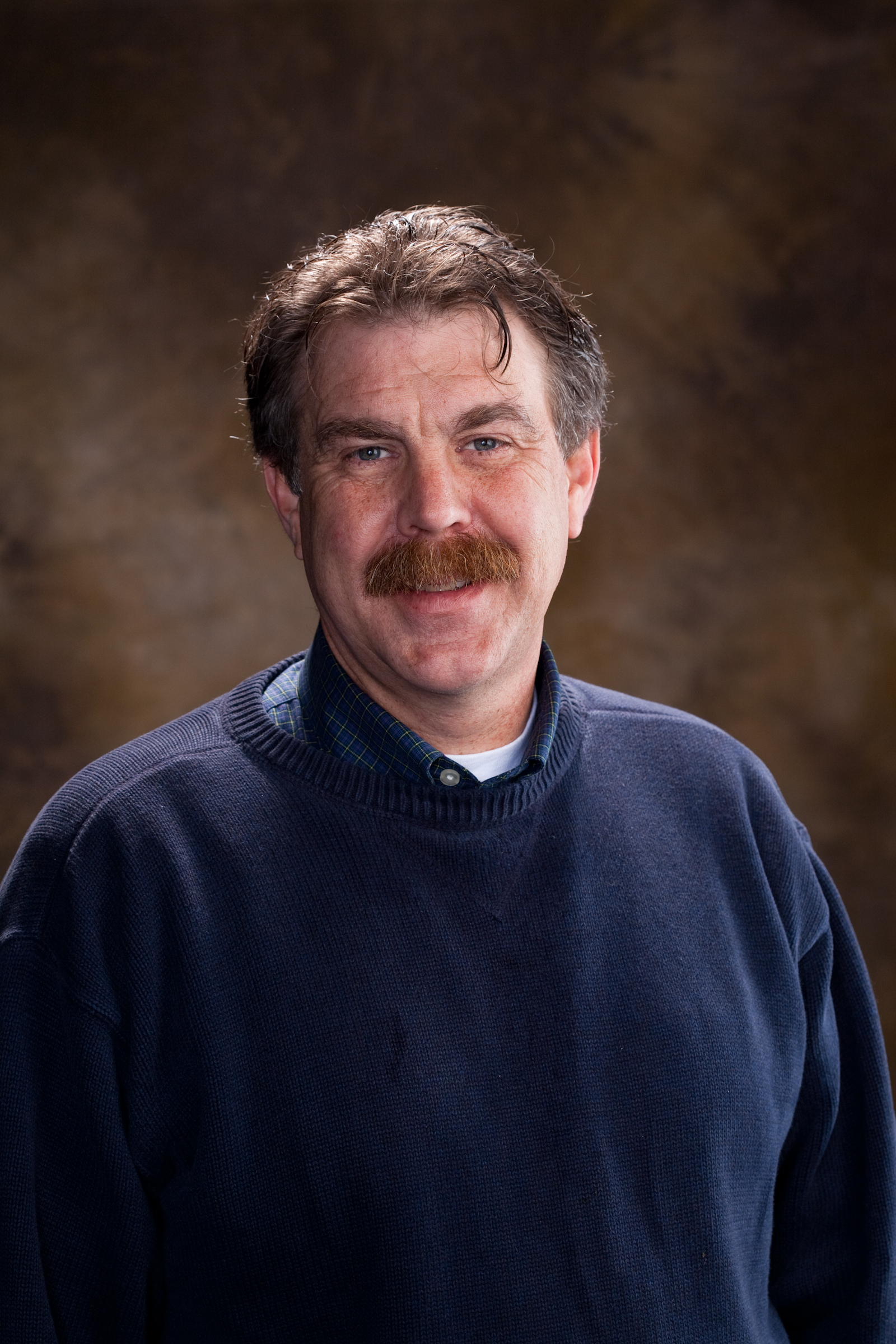David Andrews, professor of computer science and computer engineering, has received a grant from the United States Naval Research Laboratory for his research on digital security and how it is affected by multicore technology.
In the past, computer chips had only one processor, and increased performance was achieved by turning up the clock rate. Multicore technology allows multiple processors to be located on a single chip, which means that performance increases will be delivered through the use of parallelism. However, this development presents a security challenge, because operating programs and software are written based on the old, sequential system of one chip per processor and will be more vulnerable under the new, more complex system of multicores.
According to Andrews, the field of computer security has long way to go, “It’s a very immature field,” he explained. “The threats change quickly and there are no basic principles on which to build a system with basic security. Most systems try to address specific security issues, but this leaves the door open for hackers to come in with something else.”
In addition, most security systems address only software, not hardware. Andrews describes this as “running a secure veneer over a base system that’s not inherently secure,” and he hopes to help address these problems through his research, by contributing to what is known as the “science of security” and finding ways to incorporate this into hardware designs.
“Dr. Andrews’ new award will allow him to do research in an area that is at the boundary of hardware and software,” said Susan Gauch, head of the computer science and computer engineering department. “ It is a great example of the type of problem that a computer science and computer engineering department can pursue.; His work will allow the next generation of chip designers to design security properties for multicore chips in software as part of the normal design process. This award will give our students an opportunity to work with Dr. Andrews on cutting edge problems.”
Andrews received his bachelor’s and master’s degrees from the University of Missouri, and his doctoral degree from Syracause University. Before he began teaching, he worked for General Electric in the Advanced Technology Laboratory. He holds the Mullins Endowed Chair of Computer Engineering at the University of Arkansas.
Contacts
Camilla Medders, director of communications
College of Engineering
479-575-5697,
